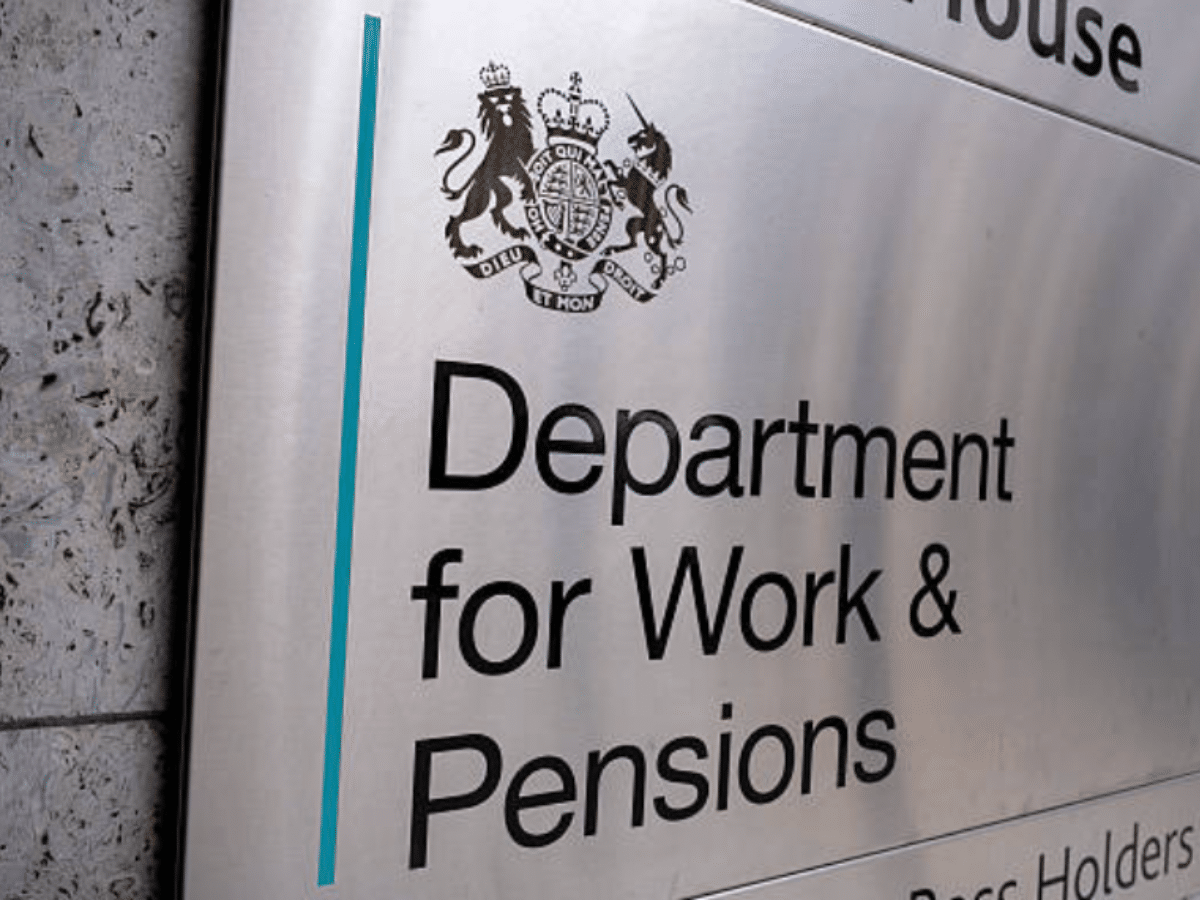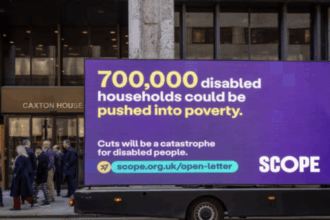A new report has shown that despite the Department for Work and Pensions (DWP), politicians, and the mainstream media focusing on how much supposed fraud there is in the benefits system, billions are saved by how much support goes unclaimed.
Police In Practice produces a yearly Missing Out report, which projects how many people won’t claim benefits. It has calculated that in the financial year 2025/26 £24.1bn will go unclaimed in a range of means-tested benefits, meaning that over 7 million households will go without vital support.
Billions going unclaimed, while DWP claims welfare spending is out of hand
Despite efforts like those from Policy in Practice to drive awareness of the benefits you can claim, the figure for unclaimed benefits has risen horrifically. Just four years ago, when I first reported on unclaimed benefits, the figure was £15bn, and that’s bad enough. But, to rise by £9bn in four years shows just how much the government has lost control of the benefits system – just not in the way they want the public to think.
This comes at a time when the Labour Party government is seeking to cut benefits even further and is demonising benefit claimants. The DWP in particular are claiming that fraud is out of hand. But last year, £6.6bn was lost in benefit fraud. That’s almost a quarter of what was saved by benefits going unclaimed.
Whilst doubtlessly many will go unclaimed in benefits such as Personal Independence Payment (PIP), the report focuses on means-tested only benefits. That’s because these benefits are supposed to help with day to day living, while in theory PIP is supposed to help with extra costs. Of course, in practice we know that isn’t true.
Those struggling the most are hardest hit, of course
At the moment, Universal Credit (UC) claimants are those being attacked most by the vile rhetoric around “scroungers”. Last year, £5,200 million was lost in Universal Credit fraud. But, that’s a drop in the ocean compared to the estimated £11.1bn that will go unclaimed in Universal Credit, affecting 1.6 million people. Last week, Trussell revealed that 52% of UC claimants had gone hungry in the last year. It doesn’t bear thinking about to consider how many people who ended up not actually claiming UC they’re entitled to, but still went hungry.
£2.3bn will go unclaimed in Carers’ Allowance, affecting 553,000 people at a time when unpaid carers are struggling. 1.6 billion will go unclaimed in Pension Credit, affecting 761,000 people. £1.4 billion will be unclaimed in Child Benefit, affecting 742,000 families at a time when Trussell also found that one in four children (3.8 million) are growing up in households where their parents are struggling to feed them or skipping meals themselves so their kids can eat.
By missing out on these gateway benefits, people are also not receiving other associated benefits. £3.3bn of Council Tax Support will go unclaimed, affecting 2.5 million people, while 123,000 families will miss out on free school meals, saving £69m.
Those not claiming these benefits will also miss out on discounts or support for paying bills. 3.4 million people will miss out on the water social tariff, giving the water companies an extra profit of £745m. 7.5 million people will miss out on broadband discounts, meaning the internet companies will bag an extra £1.5bn. 4.8 million will miss out on the warm homes discount, meaning the gas and electric providers will get an extra £722m. 298,000 won’t get their TV licences discounted, meaning the BBC essentially gets an extra £52m.
The government are to blame
The reason that so many benefits go unclaimed is, of course, the fault of the government and media. These institutions don’t actually want to support poor people. But, they do want to demonise us.
Many people don’t claim purely because they don’t know the benefits exist or that they can actually claim them. A huge chunk of working people assume they aren’t eligible, presumably because a lot of the rhetoric around benefits focuses on unemployed people. Eligibility rules can also be complex, so many can believe they don’t qualify even after checking.
Despite politicians and the media acting like people are just handed benefits, the actual process is much more complicated. Most of the application process and the benefits system as a whole is done online now, so for those without digital skills, it can be an overwhelming and difficult process. The system is also harder to navigate if you have language barriers, health issues, or simply don’t have the time. Long confusing forms with not enough guidance or support can also mean many give up and never end up claiming.
A huge reason many people don’t claim is the stigma surrounding claiming benefits, which is massively fuelled by the media and politicians. Many are afraid they’ll be judged as undeserving or be seen as lying. The horror stories about a cruel, intrusive system also stop many from claiming for fear they’ll be subjected to scrutiny and singled out.
As the report points out, these barriers especially affect those who are already struggling the most, such as disabled people, carers, older people, and single parents, and make it harder for them to access support.
Deven Ghelani, director and founder of Policy in Practice, said:
The scale of unclaimed support in Britain is still staggering. Over £24 billion is left on the table at a time when many are struggling to stay afloat. But this isn’t a failure of the public. It’s a failure of a social security system that is still too complex, too fragmented and too passive.
Labour must stop demonising benefits, providing they actually care
The report points out that this can change. However, making that change would require effort from a sympathetic government and local authorities. Policy in Practice recommends that local and central government could do more to align their policies and to make the application processes much easier, whilst also doing more to raise awareness. Local authorities could also be doing more to use tools and insight to identify who could be missing out.
As the report says, “the way we talk about benefits matters”, and, ultimately, that’s why in order to truly make a change and ensure everyone who is entitled to extra support gets it, the societal attitude of benefits needs to change. For too long, those on benefits have been disparaged by the media, massively supported by the government. If the DWP genuinely wanted those who are struggling to get support, it would work harder to change the image of benefits claimants and do more to stop the spread of media hatred of benefit claimants – especially disabled claimants.
But then we have to ask, do the government actually want those who are missing out to be supported? Because if it did, it would’ve done something to stop the amount missing out rocketing by £9bn in four years. At the end of the day, if the government were to focus on how many didn’t claim benefits, it would be harder to demonise those who need them to survive. And it’s not going to stop doing that in a hurry.
Featured image via the Canary













